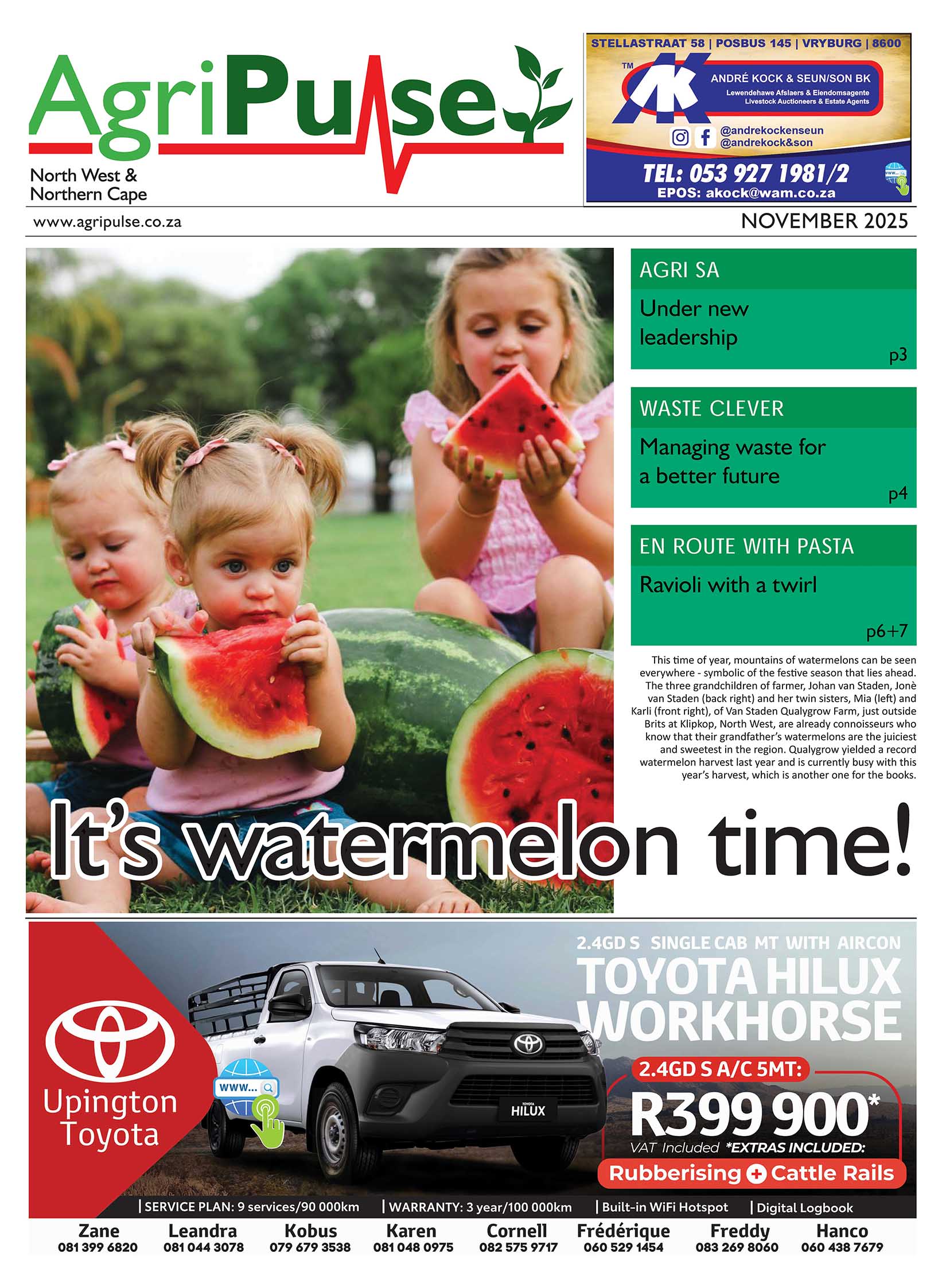Klerksdorp Midweek, Klerksdorp - The Rabbit Haemorrhagic Disease (RHD) out-break threatens indigenous and domestic rabbits RHD is a highly contagious and often fatal disease affecting both domestic and wild rabbits, as well as hares.
South Africa, home to nine indigenous species of lagomorphs, is facing a crisis as this devastating disease spreads rapidly across the country. This devastating outbreak not only poses a significant threat to the rabbit keeping community but also endangers our indigenous rabbit population, potentially leading to an ecological disaster.
According to the Gauteng Rabbit Breeders Association, RHDV is spreading at an alarming rate, and we are witnessing an unprecedented number of cases among both domestic and wild rabbits. It is imperative that immediate action is taken to curb the transmission of this lethal virus. They are closely monitoring the affected regions through a regularly updated map, which pinpoints areas currently impacted and those at risk.
Symptoms of RHD in domesticated rabbits include, but are not limited to, loss of appetite, lethargy, or lack of energy, fever, seizures, weakness, wobbliness and other neurological signs, jaundice, or yellowing of the skin and mucosal membranes (most noticeably in the ears), bleeding from nose, mouth, genital openings or rectum, difficulty breathing and sudden death.
They urge all individuals engaged in rabbit keeping, care, and breeding to exercise utmost caution.
They advise:
- Cease movement and sale of rabbits:
We urge all rabbit owners, breeders, rescues, pet owners, pet shops, auctions, pet transportation companies, and the general public to immediately stop the movement, sale, and transportation of rabbits, especially interprovincially, in affected areas.
- Self-imposed isolation and quarantine:
National Veterinary Services strongly recommend that all rabbit keepers, breeders, rescues, and related organizations impose self-isolation and quarantine measures on their facilities until the situation stabilizes. This precautionary step is vital in preventing further spread.
- Vigilance and reporting: We call upon the public to be vigilant and report any unnatural mortalities of rabbits and hares found in public areas, such as roadsides, parks, and bushes. Reporting these incidents promptly is essential for tracking the virus’s spread.
Contact the local State Veterinary Services or any vet to report cases.










